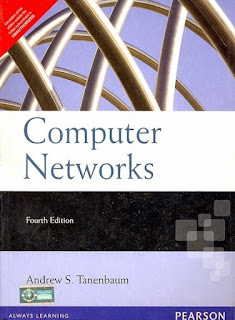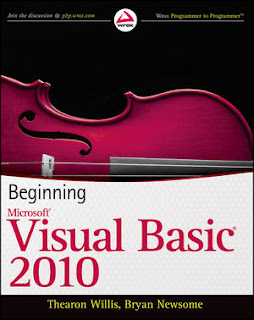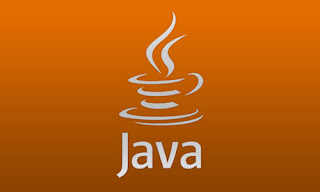Computer Networks By Tanebaum
Andrew S.
Tanenbaum has an S.B. degree from M.I.T. and a PhD. from the University
of California at Berkeley. He is currently a Professor of Computer
Science at the Vrije University in Amsterdam, The Netherlands, where he
heads the Computer Systems Group. He is also Dean of the Advanced School
for Computing and Imaging, an inter-university graduate school doing
research on advanced parallel, distributed, and imaging systems.In
the past, he has done research on compilers, operating systems,
networking, and local-area distributed systems. His current research
focuses primarily on the design and implementation of wide-area
distributed systems that scales to a billion users.He was the principal
architect
of the Amsterdam Compiler Kit, a widely-used toolkit for writing
portable compilers, as well as of MINIX, a small UNIX clone intended for
use in student programming labs.
Computer books
are full of acronyms. This one is no exception. By the time you are
finished reading this one, the following should ring a bell: ADSL, AES,
AMPS, AODV, ARP, ATM, BGP,CDMA, CDN, CGI, CIDR, DCF, DES, DHCP, DMCA,
FDM, FHSS, GPRS, GSM, HDLC, HFC, HTML, HTTP, ICMP, IMAP, ISP, ITU, LAN,
LMDS, MAC, MACA, MIME, MPEG, MPLS, MTU, NAP, NAT, NSA, NTSC, OFDM, OSPF,
PCF, PCM, PGP, PHP, PKI, POTS, PPP, PSTN, QAM, QPSK, RED, RFC, RPC,
RSA, RSVP, RTP, SSL, TCP, TDM, UDP, URL, UTP, VLAN, VPN, VSAT, WAN, WAP,
WDMA, WEP, WWW, and XML But don't worry. Each will be carefully defined
before it is used.
You can download here free PDF of this computer networking book, by clicking on "Download free Pdf".
Details :-
Name of the book :- Computer Networks
Writer :- Andrew S. Tanenbaum
Publisher :- Pearson Education LTD.
Language :- English
Subject :- Networking
File Size :- 9.4 Mb



















